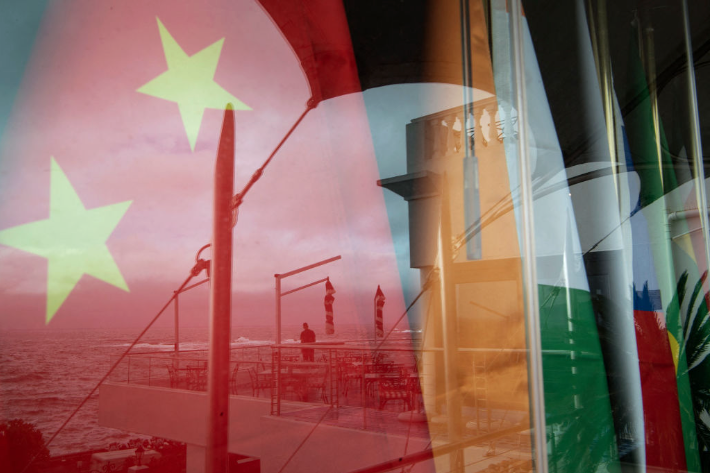On the occasion of the 15th BRICS Leaders Summit in Johannesburg this week, the current members—Brazil, Russia, India, China and South Africa—invited Argentina, Egypt, Ethiopia, Iran, Saudi Arabia and the United Arab Emirates to join the bloc early next year. The expansion, the first since 2010, will transform the BRICS group and represents a geopolitical win for Beijing.
For years, China had sought to add new members, while countries like Brazil and India were skeptical of the move, wary that it would dilute their influence and transform BRICS into a China-led alliance. Given Beijing’s dominant role in the grouping—its economy is larger than that of all the other current members combined—it is only natural that Chinese President Xi Jinping envisions BRICS to be part of a larger number of Beijing-led initiatives, which are meant to build an increasingly China-centric global order. Adding Iran, Egypt, Ethiopia, Saudi Arabia and the United Arab Emirates is a clear show of China’s ambition to challenge U.S. influence in the Middle East, a region Beijing increasingly views as vital.
The move also has potentially significant geopolitical implications for South America. Argentina, the continent’s second-largest economy, is set to join Brazil as a BRICS member. Both Javier Milei and Patricia Bullrich, the first- and second-placed finishers of the recent national primaries, have signaled skepticism about China, and…
Read full article









